What fate awaits for Yunus during Trump’s 2.0
- Update Time : Wednesday, January 22, 2025
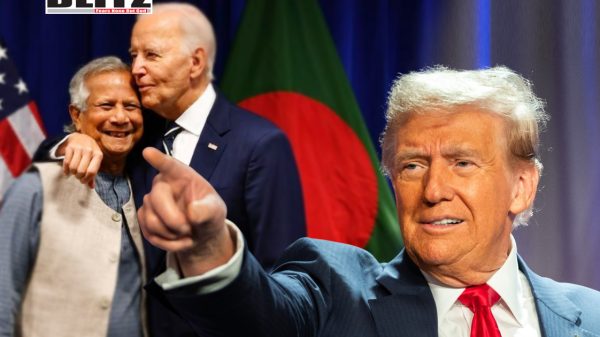
The return of Donald Trump to the White House has generated significant discourse regarding its implications on global politics, particularly for individuals closely aligned with the Democratic Party. Muhammad Yunus, from Bangladesh, is one such figure whose future may be profoundly impacted. Known for his strong connections with the Democratic Party, especially the Clintons, Obama, and Joe Biden, Yunus is going to face a tough situation.
Muhammad Yunus has long been associated with the Democratic Party in the United States. His relationships with prominent figures such as Bill and Hillary Clinton, Barack Obama, and Joe Biden are well-documented. Notably, he made significant financial contributions to Hillary Clinton’s presidential campaign, underscoring his commitment to his Democrat friends.
Yunus openly criticized Trump’s 2016 victory, likening it to a “solar eclipse…which must not destroy us and suck our spirit”. He remarked that the election had “fallen victim to the wrong type of politics”, urging Trump to embrace a more inclusive vision, one that “builds bridges” rather than walls. This sentiment was echoed by many within the Democratic sphere, who viewed Trump’s policies as antithetical to the values they upheld.
During his campaign and subsequent presidency, Donald Trump emphasized a departure from the policies of his predecessors. His inaugural speech signaled a commitment to reversing the initiatives of the Obama and Clinton eras, labeling them as part of a “radical and corrupt establishment.” This rhetoric suggests a potential reevaluation of relationships and policies associated with Democratic allies, including those involving Muhammad Yunus.
One area of concern is human rights and minority persecution. Trump, during his campaign, expressed concerns about the treatment of minorities in Bangladesh. His administration’s emphasis on holding Yunus’s government accountable for human rights violations could subject Yunus to increased scrutiny, particularly in light of reports about growing extremism and the persecution of minorities in Bangladesh.
President Trump has accused Biden of fostering cronyism and engaging in what Trump terms the “weaponization” of political institutions. Yunus, given his ties to Biden’s circle, risks becoming collateral damage in Trump’s broader war against the Democratic establishment.
The Trumpian narrative often focuses on exposing what he claims to be financial irregularities and unethical practices among Democratic allies. Yunus’s previous controversies—such as accusations of financial mismanagement within Grameen Bank and alleged exploitation of international funds—could resurface under a Trump-led administration, fueled by right-wing media outlets seeking to tarnish his reputation.
If Trump’s administration decides to investigate foreign individuals with links to the Democratic elite, Yunus could find himself ensnared in legal or diplomatic troubles. Trump’s unyielding desire to delegitimize Biden’s network, combined with his tendency to target high-profile figures, suggests that Yunus may not escape unscathed.
Moreover, Yunus’s public endorsements to radical ideals and frequent appearances at Democratic-led forums have not gone unnoticed by the Republican apparatus. His image, once that of an apolitical global change-maker, has gradually morphed into that of a partisan ally—a perception that Trump’s administration is likely to exploit further.
Before Trump’s presidency, the U.S. was deeply involved in international issues such as the conflicts in Ukraine and Gaza. These engagements required substantial financial commitments, leading to domestic fatigue over foreign interventions. Trump’s “America First” policy resonated with an electorate eager to see a focus on domestic issues and a reduction in overseas expenditures.
For Yunus, this shift meant navigating a new geopolitical landscape. The reduction of U.S. involvement in international development and foreign aid programs directly impacted initiatives he championed. The Grameen Bank model, which received support from previous administrations, faced challenges in securing funding and partnerships under a government prioritizing domestic affairs.
A significant aspect of Trump’s foreign policy is the Indo-Pacific strategy aimed at countering China’s influence. India emerged as a pivotal ally in this endeavor, strengthening its strategic partnership with the U.S. This realignment carried significant implications for Yunus’s government, which has actively promoted anti-India rhetoric and fueled anti-Hindu and anti-India sentiments among the population since assuming office.
Yunus, recognizing the shifting dynamics, sent his Foreign Adviser to Beijing to deliver a message to the Trump administration. However, overtures towards China would be viewed cautiously by the Trump administration. The appointment of individuals with strong Indian ties within Trump’s cabinet further complicated matters, as Bangladesh had to navigate its foreign policy without alienating either of the major powers.
Under Yunus’s leadership, Bangladesh witnessed a concerning rise in extremist activities. Radical organizations such as Al-Qaeda, Hizb ut-Tahrir, ISIS, and domestic groups like Jamaat-e-Islami became more visible, even organizing public processions in the capital. This surge in militancy not only threatened domestic stability but also attracted international attention.
The Trump administration’s zero-tolerance approach to terrorism meant that countries perceived as harboring or being lenient towards extremist groups faced diplomatic and economic repercussions. Bangladesh’s inability to curb the rise of militancy could strain its relations with the U.S., affecting aid, trade, and bilateral cooperation.
The return of Donald Trump to the presidency presents a complex scenario for Muhammad Yunus and Bangladesh. His deep-rooted connections with the Democratic Party, combined with the challenges posed by rising extremism and geopolitical realignments, necessitate a strategic reassessment.
A new leadership is must now and an urgent overhauling is badly needed inside government to safeguard Bangladesh’s interests. Engaging in open dialogue with the U.S., reinforcing commitments to democratic values, and demonstrating tangible progress in domestic issues will be crucial in mitigating potential challenges under a renewed Trump administration.
In this evolving political landscape, proactive initiative and balanced diplomacy will determine the trajectory of Yunus’s legacy and Bangladesh’s position on the Trump’s 2.0 administration.


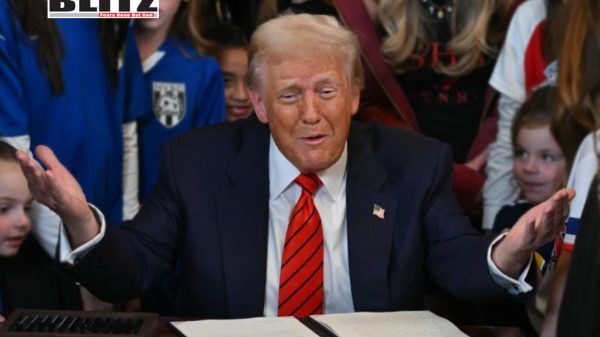
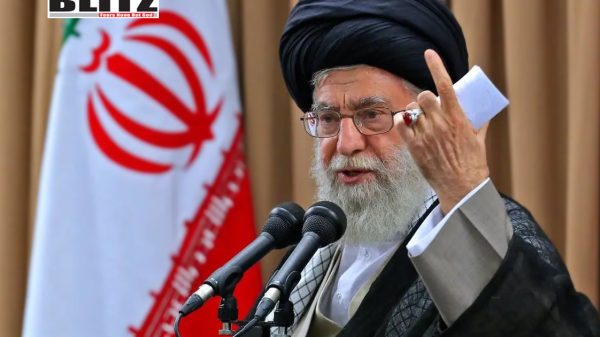
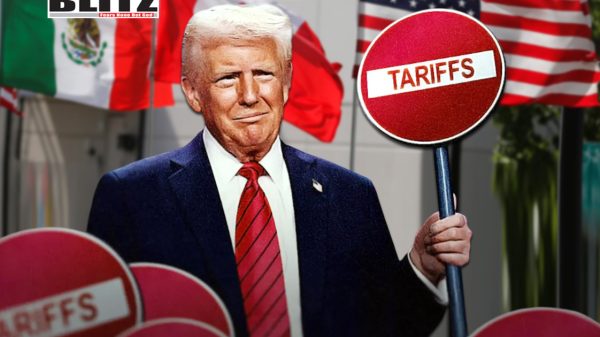


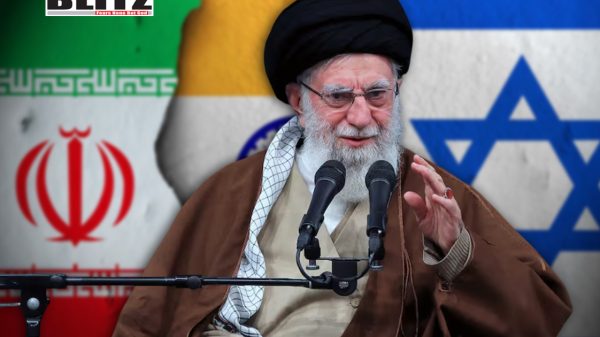
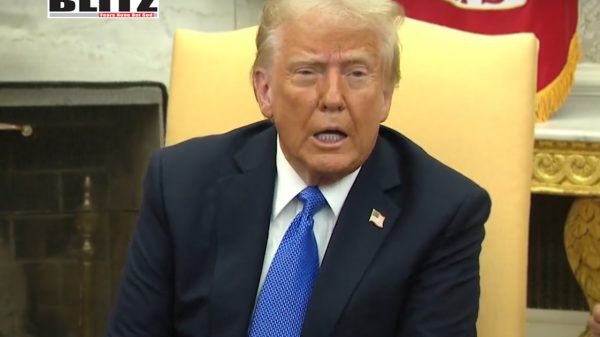
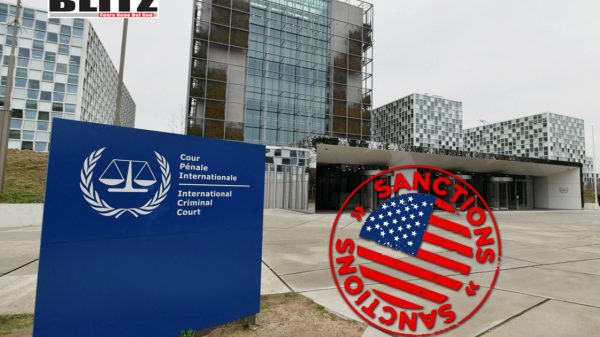
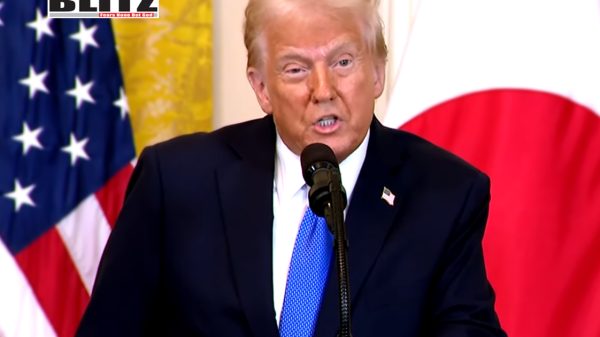

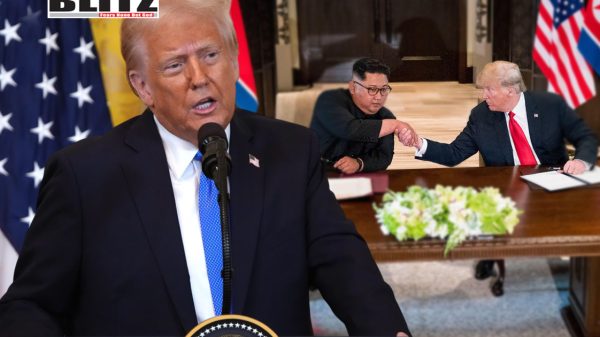
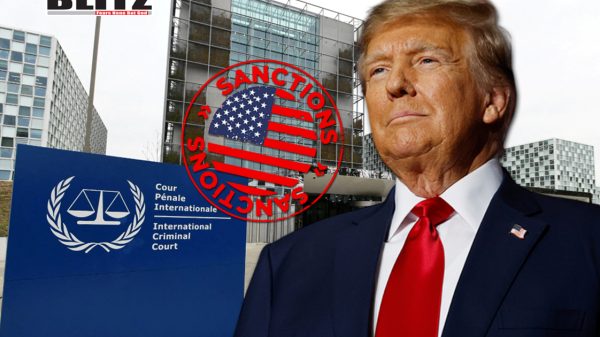


Leave a Reply